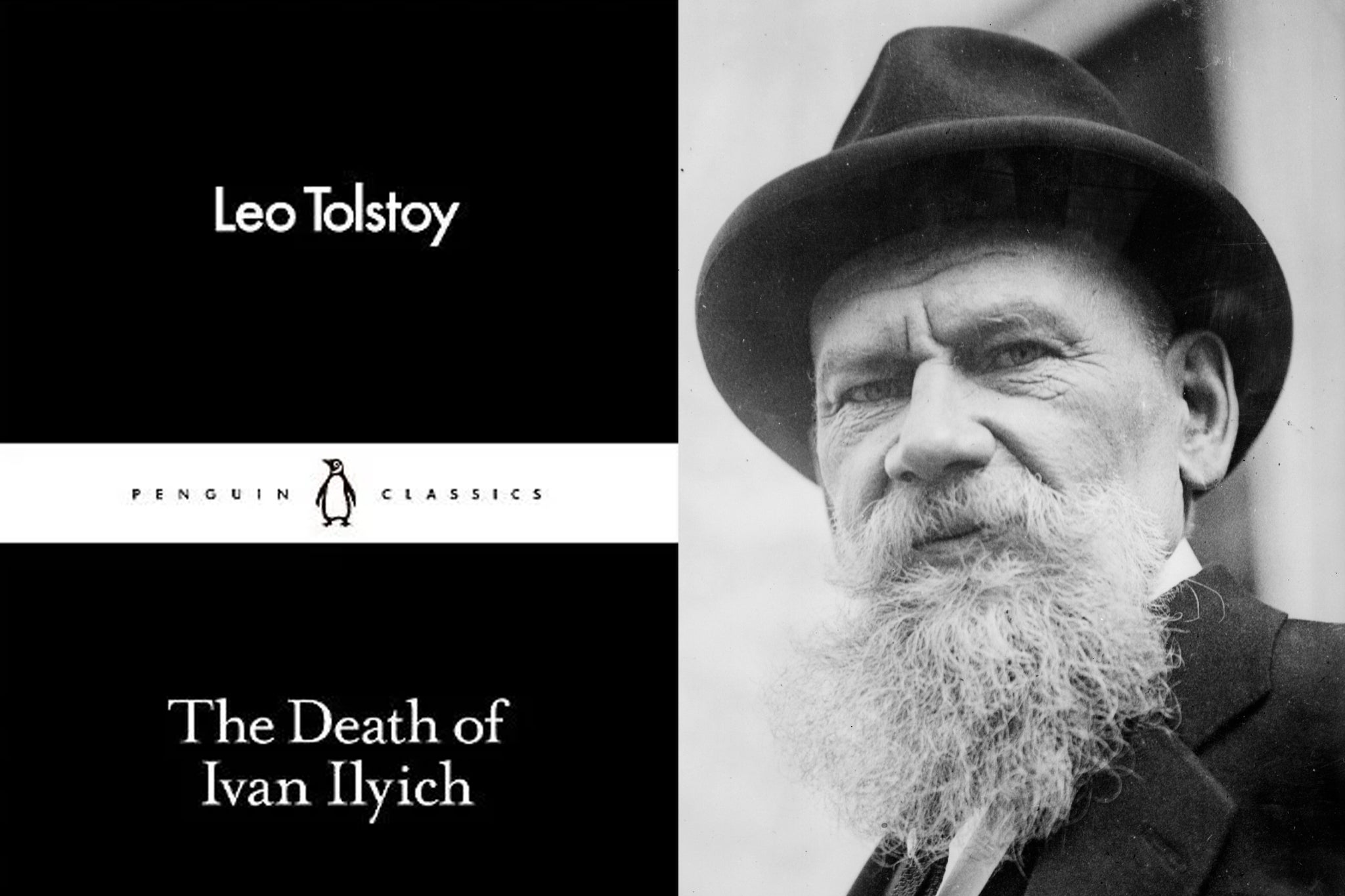Book of a lifetime: The Death of Ivan Ilyich by Leo Tolstoy
From The Independent archive: David Guterson embraced this Tolstoy novel because he was intimidated by the size of the Russian author’s other tomes, but he ended up being moved beyond words

Why The Death of Ivan Ilyich? Initially, because every recommended reading list pushed on me by teachers included Anna Karenina, which was long, whereas The Death of Ivan Ilyich was short. Why not check off Tolstoy in a sitting? The death part didn’t sound enticing, but the author, supposedly, was an essential dead white guy if I was to hobnob impressively, someday, with fellow adults. Ivan Ilyich looked like the opposite of War and Peace (which is literally 25 times longer), and my crisp, quick ticket to at least a modicum of Tolstoyan literacy, provided I could endure the subject matter for an hour or two, after which I would go back to life as a teenager.
The subject matter, it turned out, wasn’t complicated, and neither was the prose. Ivan Ilyich, a judge, married, with two children, dies at the age of 45 after much suffering, reflection, and self-recrimination, and after considerable indictment by Tolstoy. Ivan Ilyich is self-satisfied, opportunistic, shallow, grasping, dull, cold – in short, despicable – and Tolstoy presents him with no stylistic flourishes. In stern, spare, ironic tones, he prompts us to look closely and in condemnation at this man, and then, gradually and with gathering force, he induces not just our sympathy but our identification with him. The irony is established at the outset.
Ivan Ilyich’s colleagues, on hearing of his death, begin immediately to think “of what effect it would have on their own transfers and promotions or those of their acquaintances”. Soon they’re jockeying to prevent its formalities from detaining them from a scheduled game of whist. Everywhere is vacuousness and vapidity, everywhere the illusions and entertainments that get us from here to the grave. But not quite. For amid his “proper, socially acceptable life”, Ivan Ilyich slips from a stepladder and bangs his side “against the knob of a window frame.” So begins his fall from grace and, as his dying proceeds, his awakening.
As death subsumes him – day by day, hour by hour, and minute by minute, in Tolstoy’s depiction – he’s forced to confront the truth about himself. Finally, with seconds left to live, he “catches sight of the light”. It’s revealed to him that though his life has “not been what it should have been, this could still be rectified”. At death, it becomes clear to Ivan Ilyich that “what had been oppressing him and would not leave him was all dropping away at once from two sides, from ten sides, and from all sides... ‘So that’s what it is!’” he exclaims. “What joy!”
Harrowing as this novella is, it’s also moving – at least to me – beyond words. It was moving, too, when I read it at 18: an age so often the height of delusion, when invincibility can seem a birthright. I was pierced, and I was seized, too, by the power of literature, and by the prospect of its engagement with my life.



Join our commenting forum
Join thought-provoking conversations, follow other Independent readers and see their replies
Comments